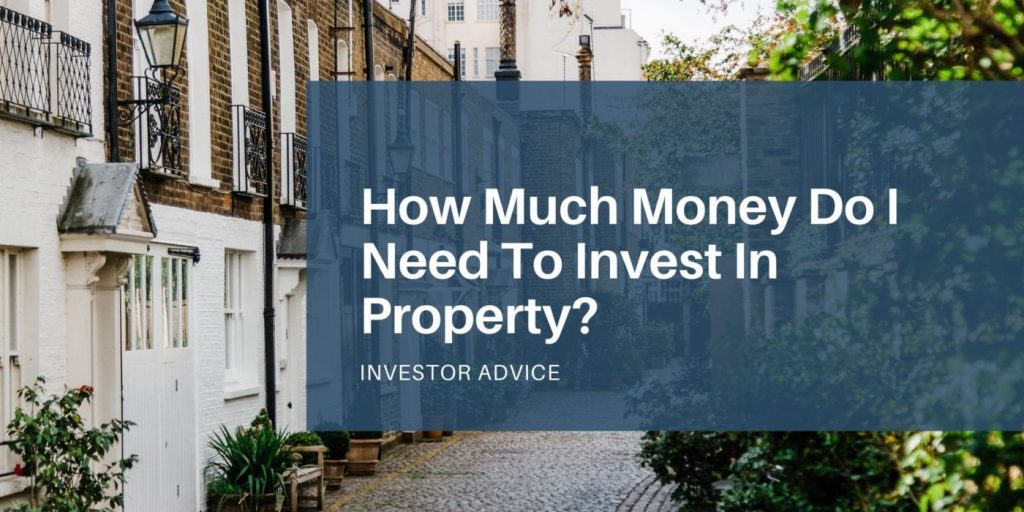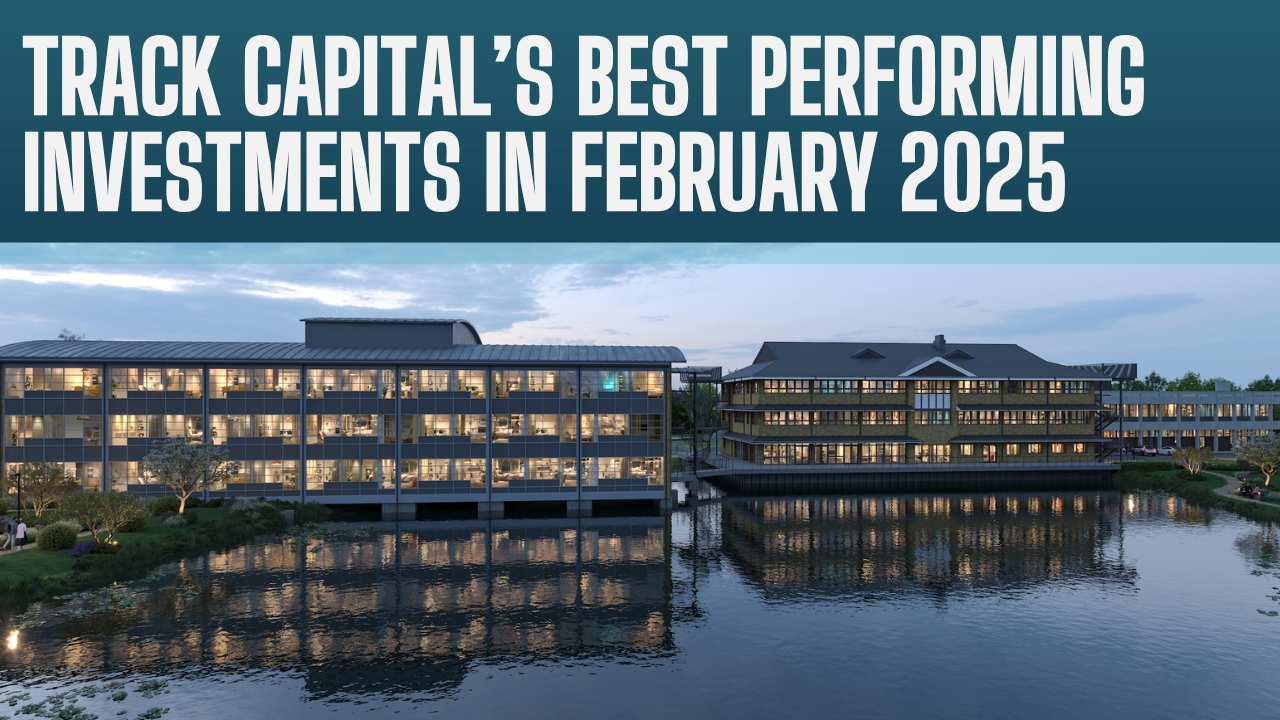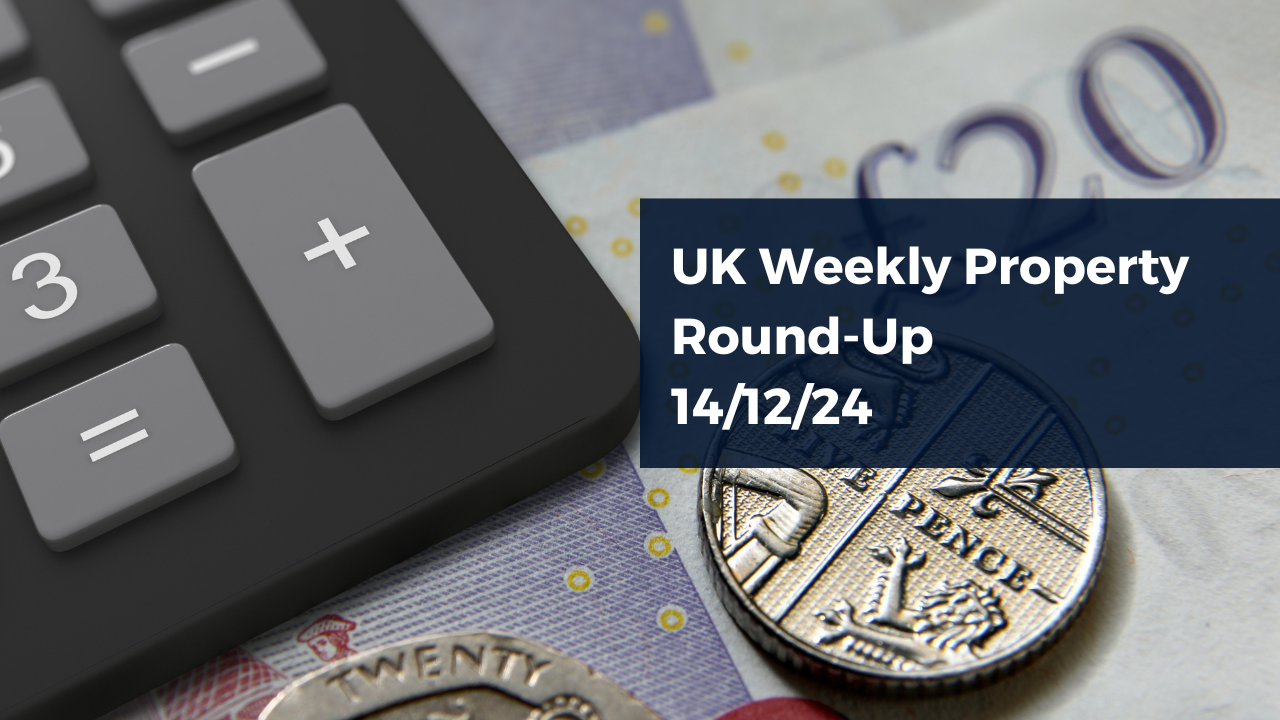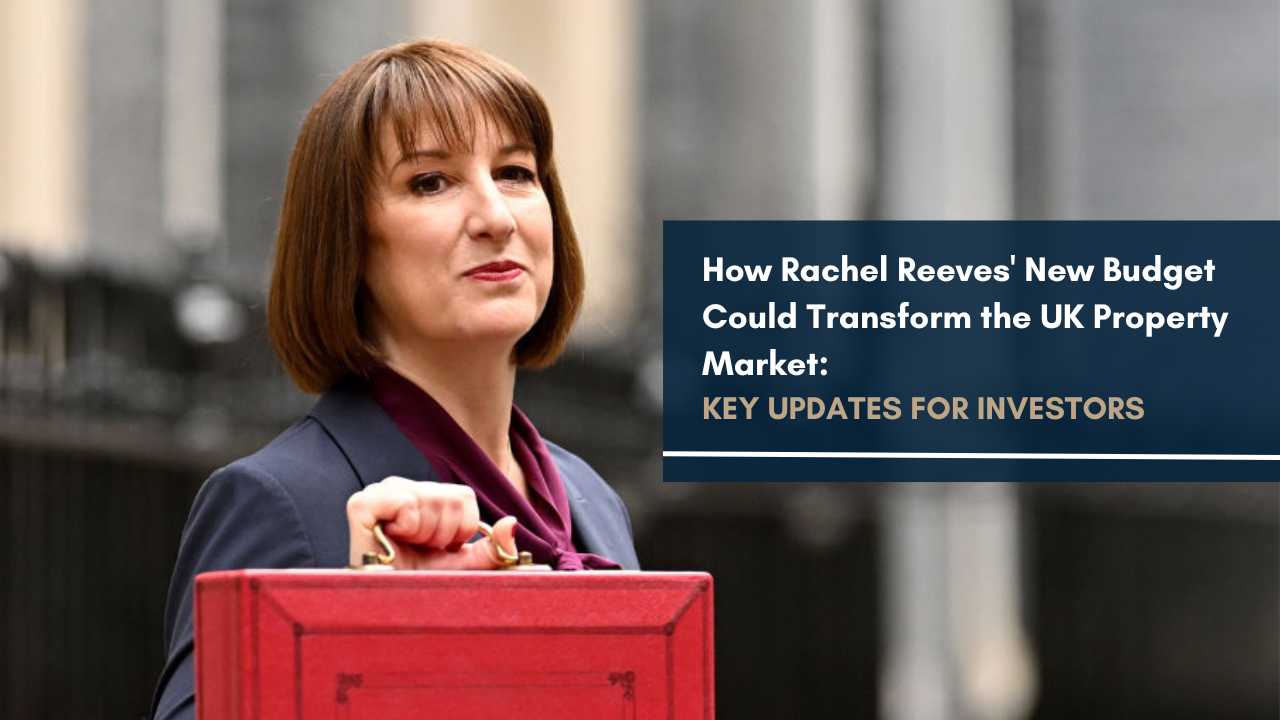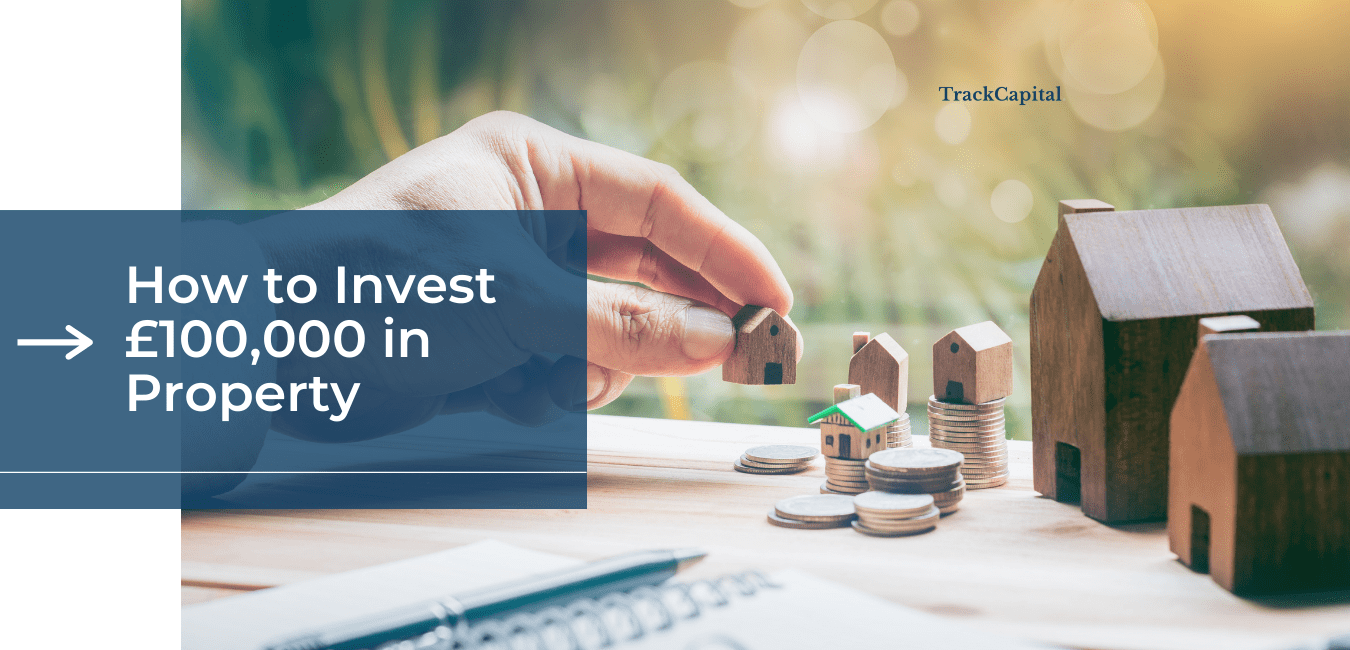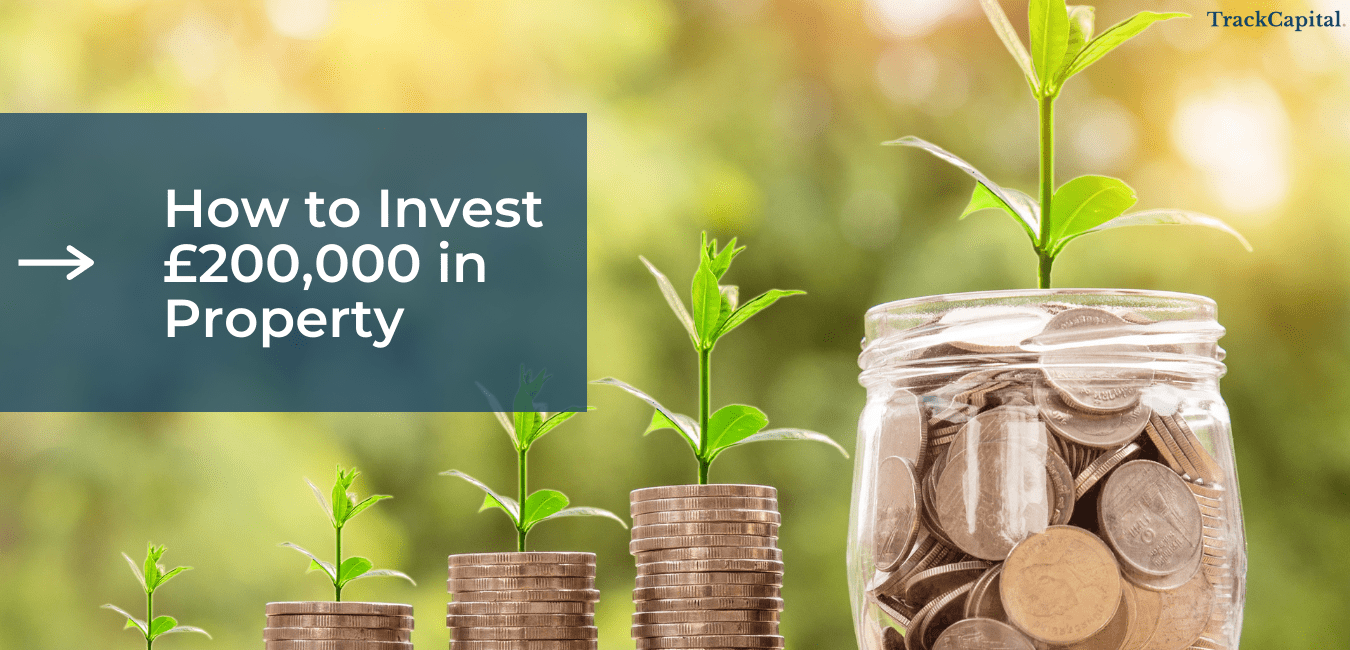As a property investment company, one of the most common questions we are asked is, “How much money do I need to invest in property?”.
Unfortunately, there is no easy answer.
The simple truth is that the amount of money required to invest in property largely depends on the type of property you want to purchase. For example, some properties can be funded with a mortgage, meaning a lower initial cost, whilst others require cash payment in full.
In addition, investors will need to consider other one-off upfront costs, such as stamp duty, and any ongoing costs, like mortgage payments or ground rent.
In this article, we’ll explore the costs associated with investing in each type of property.
We do recommend taking the time to read the whole article, but if you are looking for a very quick answer, then we estimate that a figure of at least £30,000 is required to start investing in the UK’s lower-priced properties. Read on to learn more and understand how (and why) this figure can change.
Property Types
The type of property can have a significant impact on the money required to invest. Not only does the type of property impact the purchase price, but it can also change how a purchase can be funded – and, therefore, how much initial capital is required.
In the industry, we call property types ‘Asset Classes’. The following asset classes are the most common for investors in the UK:
- Residential accommodation
- Serviced accommodation
- Student accommodation
In the following sections, we’ll look at the cost of investing in each asset class.
How much money do I need to invest in residential property?
In recent years, you may have noticed major changes to the skylines of the biggest cities in the UK. Property developers are constantly building new, luxury apartment blocks to satisfy the demand of professionals wanting to live in the city centre.
Property investors purchase properties in these residential blocks to rent them out, rather than living in the property themselves. This allows the investor to gain an income from rent each month whilst, ideally, the value of the property increases over time.
This type of residential property investment is often called ‘buy-to-let’ – simply, buying a property for rental purposes. It is the most common form of property investment.
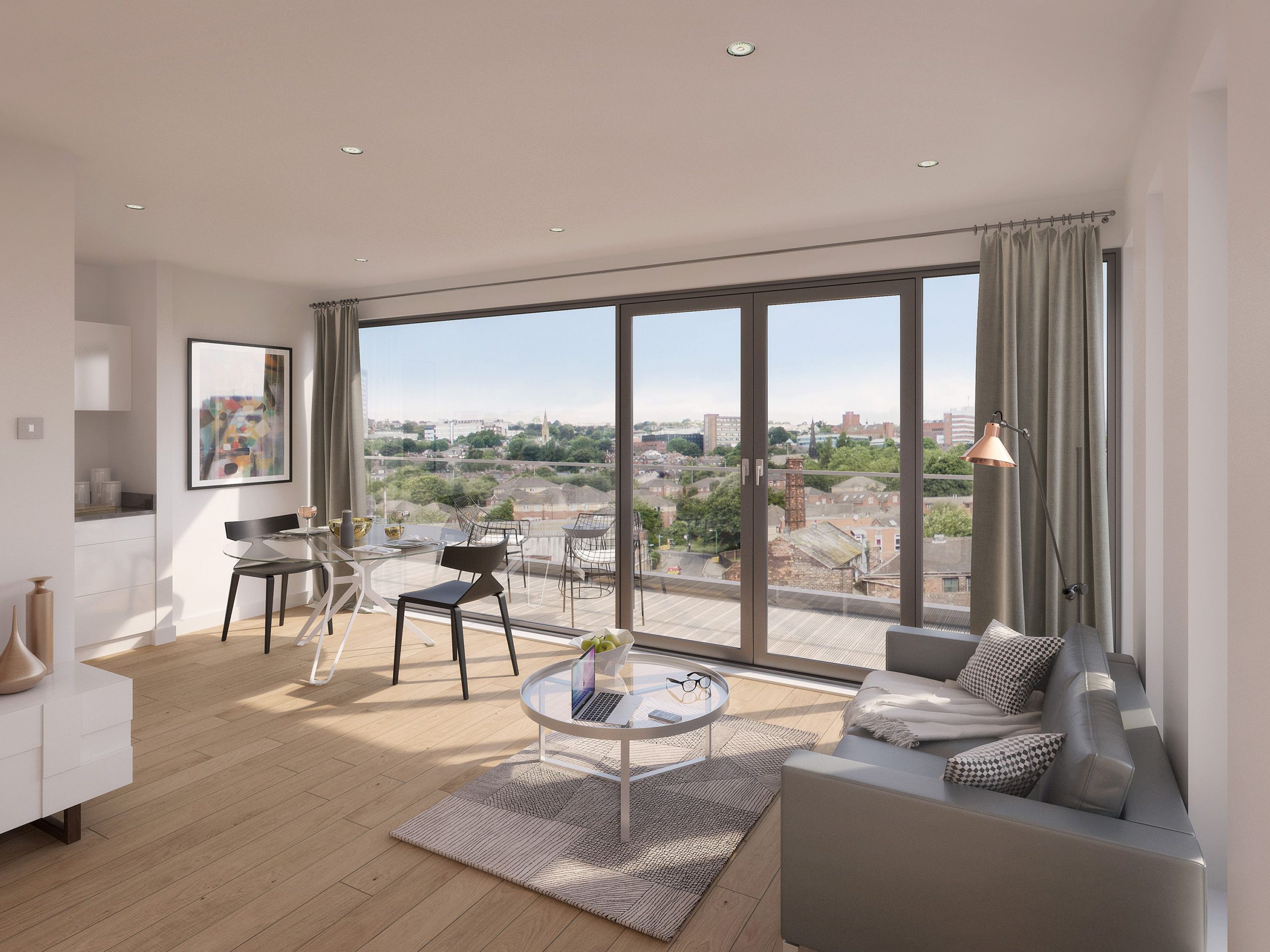
Upfront costs
The key benefit of the residential property asset class is that buyers can purchase using a mortgage, meaning they can get into property with a much smaller initial investment. Of course, this means taking on a debt and a requirement to meet monthly mortgage payments, but the rental income from your property should cover this (and then some).
For buy-to-let investors, 75% loan-to-value (LTV) mortgages are available. This means an investor will need a cash deposit of at least 25% of the property price.
Furthermore, the investor will need extra money for:
- Stamp Duty Land Tax (SDLT) – in the UK, typically, stamp duty is only payable on properties above £250,000. However, if a purchase means the buyer will own multiple properties, stamp duty may be due regardless of the price. You can calculate your likely SDLT using this tool, or check out our guide on the subject: How Much Is Stamp Duty On a Buy-To-Let Property?
- Legal fees – a solicitor is required to do all the legal paperwork for purchasing a property. Costs depend on the property value but usually fall between £1,000 – £2,000.
- Buffer money – it’s always a good idea to have a little extra cash spare as a ‘buffer’. This helps cover any costs you may not have anticipated, for example, purchasing furniture if the property comes unfurnished.
All in all, the amount of money needed upfront to invest in residential buy-to-let property can vary wildly. The table below shows how much an investor might need.
| Purchase Price | Mortgage Deposit (25%) | Stamp Duty Land Tax | Legal Fees | Buffer | Estimated Money Required Upfront |
| £100,000 | £25,000 | £3,000 | £1,000 | £2,000 | £31,000 |
| £150,000 | £37,500 | £5,000 | £1,250 | £2,000 | £45,750 |
| £200,000 | £50,000 | £7,500 | £1,500 | £2,000 | £61,000 |
| £250,000 | £62,500 | £10,000 | £1,750 | £2,000 | £76,250 |
| £300,000 | £75,000 | £14,000 | £2,000 | £2,000 | £93,000 |
Please keep in mind these are rough estimates.
The table suggests a figure of just over £30,000 is enough to get started. There are certainly good buy-to-let properties in the UK around the £100,000 mark, but it should be noted this is a relatively low-value price compared to the average across the UK’s most popular cities (Birmingham, Leeds, London, Liverpool & Manchester). If you’re interested in learning more about average property prices, we recommend using the Land Registry’s House Price Index.
As such, we recommend most residential property investors aim for a starting budget of £50,000, giving you enough to target properties worth between £150,000 and £200,000.
Ongoing costs
The most common ongoing costs of residential property are:
- Mortgage repayments
- Service charges
- Ground rent
- Management fees (if you want to be hands-off)
- Maintenance costs
Combined, these could range from a few hundred pounds per month to a few thousand, depending on the property, so they are not possible to predict without knowing the exact details. We advise investors to consider all potential ongoing costs and their likely impact on the net monthly rental income.
Section summary:
- Residential property, such as luxury city-centre apartments, is often purchased by private landlords for buy-to-let purposes
- These types of purchases can be mostly funded through a mortgage
- However, the amount of money required upfront is affected by the purchase price, stamp duty, legal fees, and additional costs like furniture.
- As an estimate, we calculate that individuals with cash savings of over £30,000 may have the necessary funds to begin investing in residential property – although, realistically, you may need more.
- Investors should take time and care to understand all the costs involved, including mortgage repayments, plus the likely returns from rent and capital growth
How much money do I need to invest in serviced accommodation?
Serviced Accommodation is a type of property that looks and feels a lot like a residential apartment, but is marketed towards short-term lodgers, like tourists and travelling business professionals.
If managed correctly, they represent an advanced property investment strategy that allows investors to benefit from significantly higher rental yields compared to traditional single-let models.
The key is finding residential developments that are short-term let approved. If they are, the owner can partner with a management company specialising in short-term let management. They will advertise the property on websites such as Airbnb, Booking.com, and others. Renters will be charged a premium to stay.
Whilst the occupancy rate over a year will be lower, due to the nightly rate being higher, the overall cash flow (and therefore rental yield) will increase.
Such developments are quite hard to come by directly from the developer, but the pricing structure is largely similar to that of traditional residential property as purchases can be financed with mortgages, although it’s important to inform the mortgage provider or find a specialist provider.
In short, the amount of money required upfront to invest in serviced accommodation is the sum of:
- 25% deposit (usually, not always)
- Stamp Duty Land Tax
- Legal Fees
- Any extras, such as furniture
As these factors mirror residential property, we recommend referring back to the table in the section above for more information.
Section summary:
- Serviced accommodation is an alternative form of high-quality, short-term letting for tourists, business professionals, and more.
- Investing in this type of property is practically the same as investing in traditional residential property
- Purchases can be financed with a mortgage, meaning a lower initial cost upfront but higher ongoing costs compared to other types of properties
How much money do I need to invest in student accommodation?
With student numbers on the rise in University cities across the UK, there is a huge demand for accommodation.
The UK’s stock of traditional student accommodation provided by Universities to students, named ‘Halls of Residence’ (or ‘Halls’ for short), simply does not have the capacity to fulfil demand. Furthermore, many students are after high-end, modern, and well-located accommodation – a far cry from the run-down, damp squibs you may associate with student housing.
In short, this means many students will require alternative accommodation provided by new developments from the private sector.
Investors can purchase properties in these developments with the intention of renting them out to students. Student property investment is quickly becoming one of the most popular options for buyers.
Upfront costs
Usually, student properties cannot be purchased using a mortgage, but they generally come at a lower price than residential properties. Often, they’re below the £250,000 threshold for Stamp Duty Land Tax. You will still need to pay legal fees, however.
So, with no mortgage available, you will need 100% of the purchase price in cash upfront to invest in student property, plus money for legal fees (which is always around £1,000 on student accommodation) and a little extra to act as a buffer. The table below shows some estimates based on typical student property values.
| Purchase Price | Stamp Duty Land Tax | Legal Fees | Buffer | Estimated Money Required Upfront |
| £60,000 | £0 | £1,000 | £2,000 | £62,500 |
| £80,000 | £0 | £1,000 | £2,000 | £82,500 |
| £100,000 | £0 | £1,000 | £2,000 | £102,600 |
| £120,000 | £0 | £1,000 | £2,000 | £122,700 |
For reference, the typical value of student properties is usually between £60,000 and £120,000. Most of our active student developments are within this range.
One thing to note on student property is that although mortgages are a no-go, developers will often offer payment plans for investors buying off-plan. Off-plan means before the development is complete, i.e. the accommodation is still being built. Almost all student developments sell out off-plan, meaning investors can snag a property at a lower initial cost using a payment plan. Payment plans usually require a deposit of 25-50% on exchange, so if we use the upper end of this range (50%), we can produce another table to reflect these costs.
| Purchase Price | Payment Plan Deposit (50%) | Stamp Duty Land Tax | Legal Fees | Buffer | Estimated Money Required Upfront |
| £60,000 | £30,000 | £0 | £1,000 | £2,000 | £33,000 |
| £80,000 | £40,000 | £0 | £1,000 | £2,000 | £43,000 |
| £100,000 | £50,000 | £0 | £1,000 | £2,000 | £53,000 |
| £120,000 | £60,000 | £0 | £1,000 | £2,000 | £63,000 |
Finally, whilst student property can have a higher entry price compared to residential property, it does offer a higher rental yield; average yields are between 8-10%, whereas, for a residential property in a city like Manchester, the average yield is around 5%.
Ongoing costs
With student property, there is typically a fixed rental assurance period provided by the developers – during which all ongoing costs are covered. These periods can last several years, and it is only after this fixed agreement ends that a student property investor will need to consider ongoing costs.
When this time comes, the ongoing costs are similar to residential property, although they do not include any mortgage repayments. This includes:
- Service charges
- Ground rent
- Management fees (if you want to be hands-off)
- Maintenance costs
Section summary:
- Student property is in high demand and offers exceptionally high rental yields compared to other asset classes
- We estimate individuals with approximately £60,000 – £80,000 in cash will be able to invest in student property
To conclude
From working through the intricacies of each property type, it’s clear the amount of money a person needs to invest in property can change dramatically.
But at the same time, each property type has its own advantages and disadvantages.
As such, any potential investor will need to consider what they want to achieve from property investment alongside their available capital (i.e. how much money they have) before making a decision.
This is something we can help you with. We have years of experience guiding new and experienced investors through the UK property market. If you’d like a free chat to learn more and ask a few questions, please get in touch.


